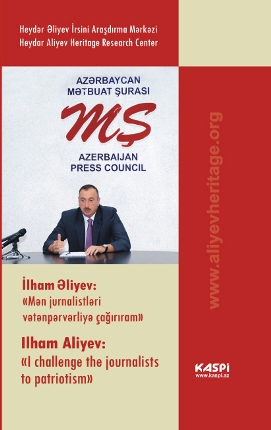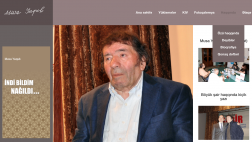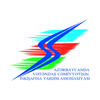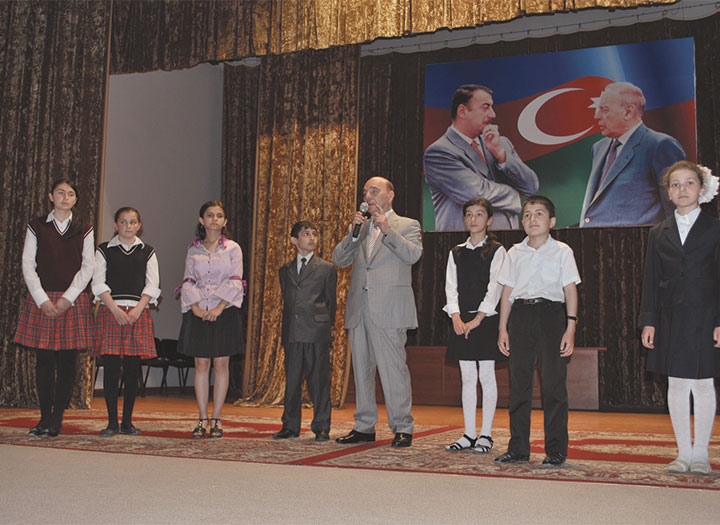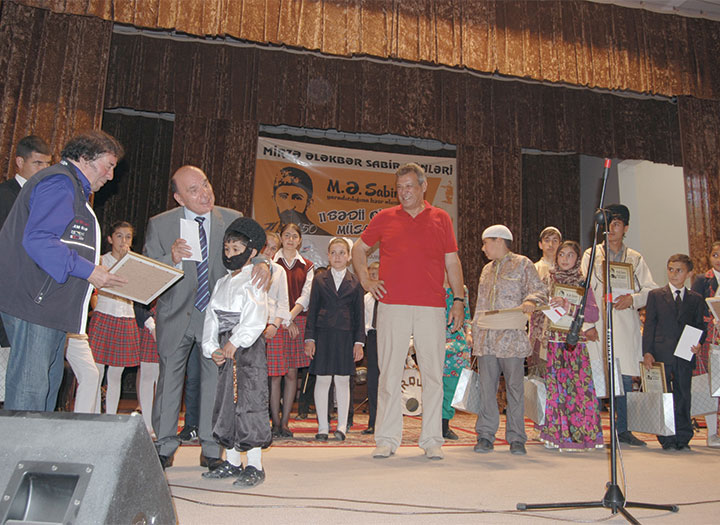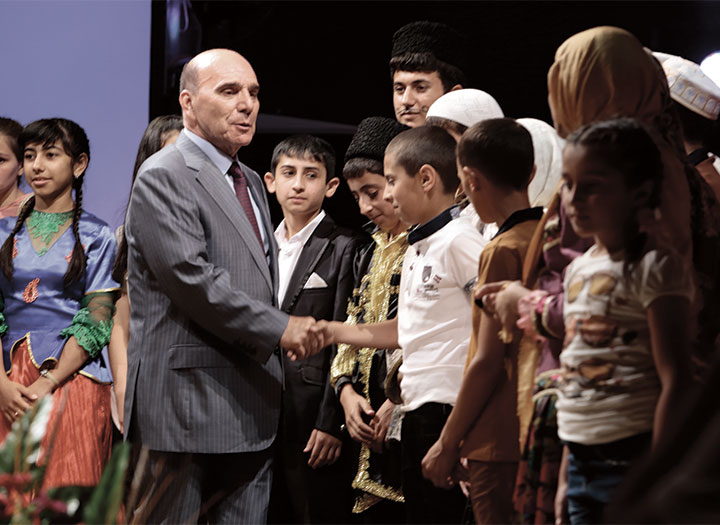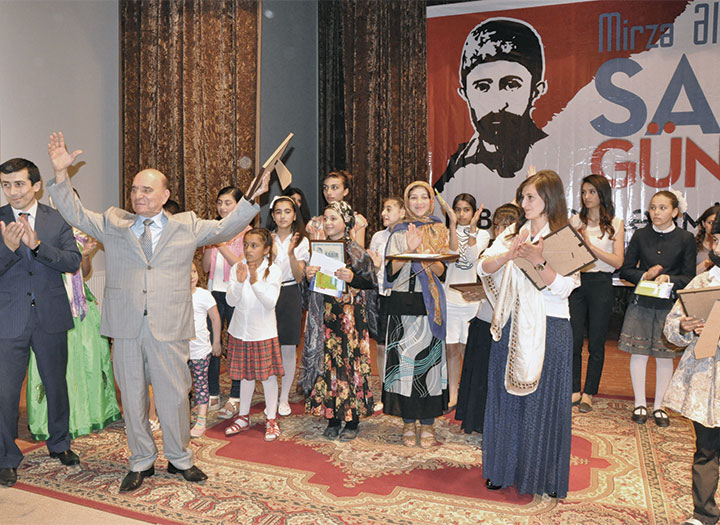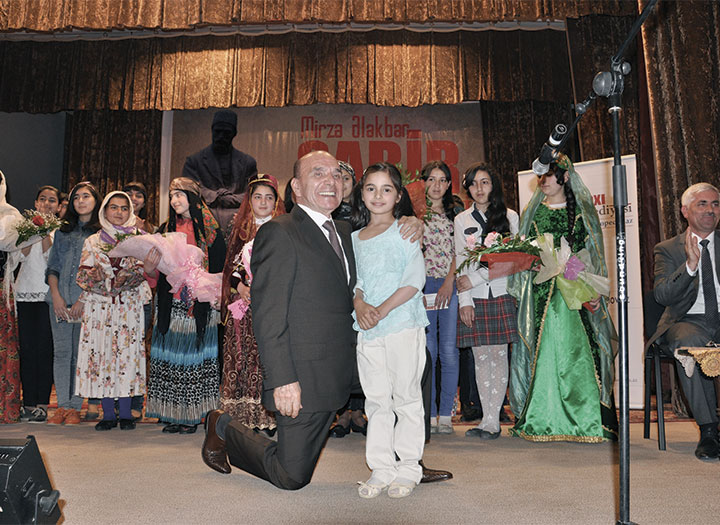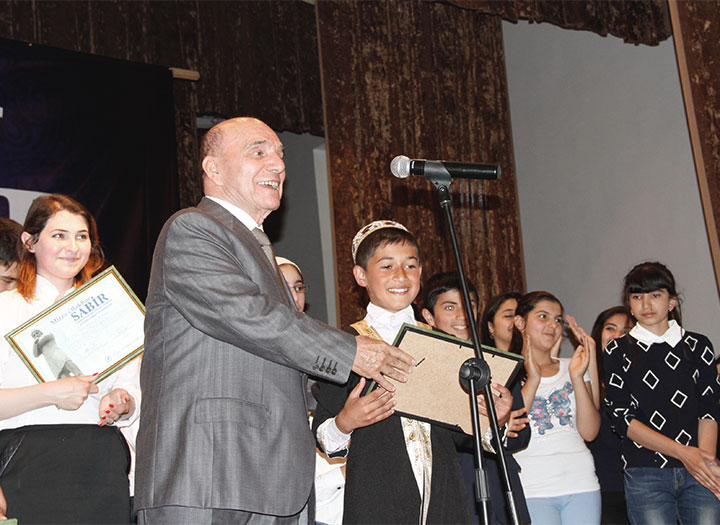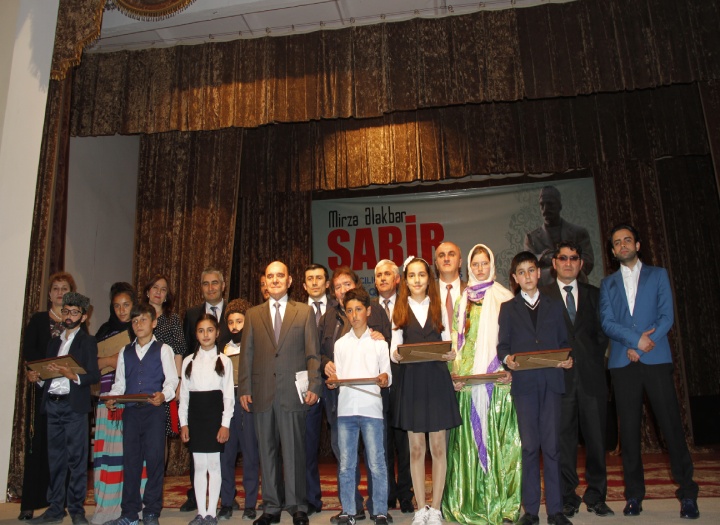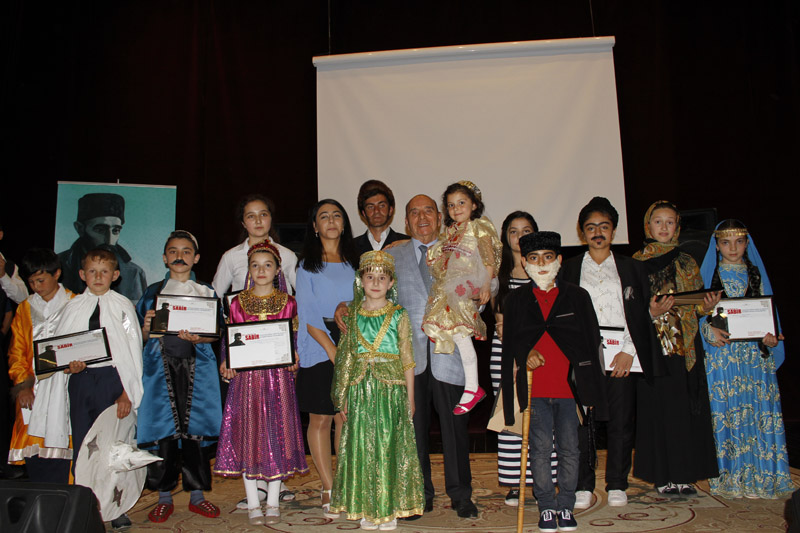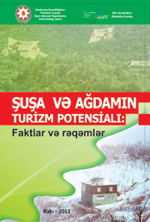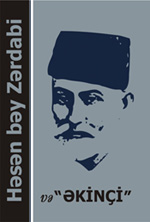 Impeding in realization of freedom of speech and religion right (for example, forcing to commit any devotions or, vice versa, illegal impeding in such devotions committing) is legally prosecuted. Making any harm to a person’s health disguised in devotions is also prosecuted.
Impeding in realization of freedom of speech and religion right (for example, forcing to commit any devotions or, vice versa, illegal impeding in such devotions committing) is legally prosecuted. Making any harm to a person’s health disguised in devotions is also prosecuted.
According to International Right, restriction of freedom of speech may be done in case the following three prime conditions are observed:
This right restriction is to be strictly regulated by law, aimed at certain truth as well as it should be necessary and adequate in reaching a noble aim.
The laws restricting freedom of speech should be maximum transparent and should not have any breaches for any other, different from true, interpretation. Among legitimate aims there are reputation, dignity protection, national security, public order, copyright, health and moral. Thus, FR Constitution bans propaganda provoking social, racial, national or religious hatred and hostility, as well as it is banned to publish state secret information. Court may also state partial or temporary restrictions.
Freedom of speech is closely connected with matters of finding the truth, self-governing, ensuring of flexibility of a political system, self-realization of a personality, human natural rights and their protection. It historically appeared as a tool to ensure awareness and keeping state powerful bodies’ competency on the highest level.
Many liberal thinkers, starting with J.J. Russo, noted the importance of training on freedom of speech culture. They consider carrying out discussion with the aim to find the truth and tolerant relation to alternative points of view of other people as contributing to progress and harmony in a society and state.
From cultural point of view, freedom of speech aspires to independent from society development of own beliefs for every human being, for every individual, self formulation of standards and life aims by him/herself. Otherwise, a nation empowered with self control has to use it reasonably and only for good of a society. Thus, people should not only have freedom to discuss all the public matters but be able to use it for realization of considered choice in organization of public life of their state.
In Russia, until the XIX-th century only the monarch had the right on freedom of his beliefs expression. In 1804 the emperor of Russia Aleksandr I signed a new charter which became an instruction for censors and said that censorship was set “not for restricting of freedom to think and write but only for making decent measures against misuse of it”. And it stressed: any polysemantic places in texts should be treated “the most favorable for a creator way but the latter should not be prosecuted”. However, in practice all these recommendations were not paid attention to. More noticeable relief of restriction on freedom of press was done just in 1855-1861. In particular, it touched on editions published by Universities which were free from censorship. The February Revolution of 1917 cancelled the censorship restrictions; however, it was restored yet in August after unsuccessful riot headed by L. G. Kornilov. The USSR Constitution declared freedom of speech and press; however, in reality expressing one’s beliefs confronting those of the Communists Party of the USSR’s head line in public was prosecuted and annihilated in the root.
We may speak about radical relief of censorship only after Boris Nikolayevich Eltsin’s coming to state power.
As critics consider Vladimir Vladimirovich Putin’s coming to power in 2000 marked with censorship’s hardening. Central TV channels, controlled by state became the main sources of political information.
Lyubov
